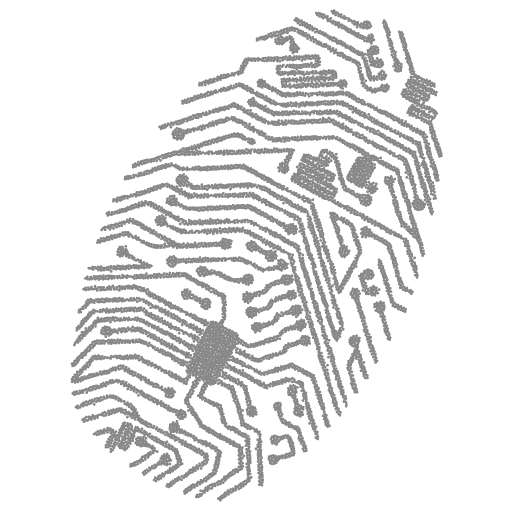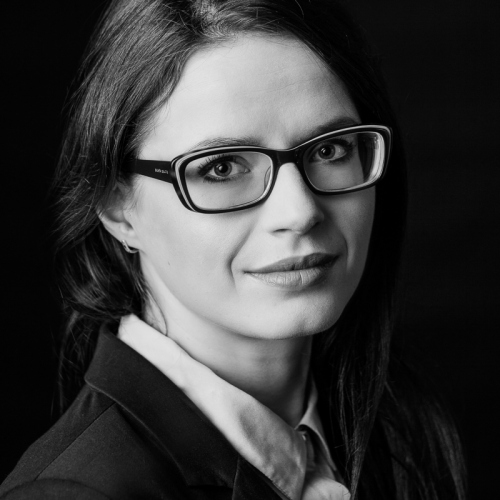Consultations are nearing the end on the proposed Regulatory Technical Standards (RTS) for strong customer authentication announced by the European Banking Authority pursuant to the revised Payment Services Directive (2015/2366, known as PSD2). This proposal was much awaited by the entire financial technology industry. The standards could have a huge impact on business models and tech solutions applied on the FinTech market.
new tech law blog

PSD2: Strong customer authentication
E-labels on foods
Consumers and producers alike complain that labels on food products are hard to understand. Could the solution for crowding in too much information be an electronic label where data of interest to the consumer could be checked using a smartphone app?
Something in the air: Using cloud software
Phrases like “using the cloud,” “software in the cloud,” or “cloud computing” long ago ceased to generate primarily meteorological associations. Our mail hangs in the cloud today, along with various computer programmes—from simpler tools like “GoToMeeting” to complex customer relationship management (CRM) and enterprise resourcing planning (ERP) systems.
Coming soon: A legal definition of virtual currencies
It has been known for some time that the European Commission plans to extend the EU’s regulations on anti-money laundering and combating of terrorism financing (AML/CTF) to cover digital currencies. In February 2016 the Commission announced that it would present a proposal for changes in law in this area by the middle of the year.
The legislative proposal was presented in July 2016. It may bring about many changes for individuals and firms operating in the area of digital currencies, and perhaps also for those involved in distributed ledger (blockchain) technology.
Is Polish law ready for FinTech?
There are lots of indications that financial technology, or FinTech, is one of the next chapters in the digital revolution unrolling before our eyes.
Can capturing Pokémons put you on the wrong side of the law?
The mobile game Pokémon Go became incredibly popular in just a few days, in Poland and everywhere else. The game uses a technology of augmented reality (AR). With maps and GPS, it overlays computer-generated 3D graphics and sound onto the real world as seen by a smartphone camera. To become a Pokémon trainer, the player has to put on sturdy shoes and head out for a real, live walk through the woods and around the streets.







